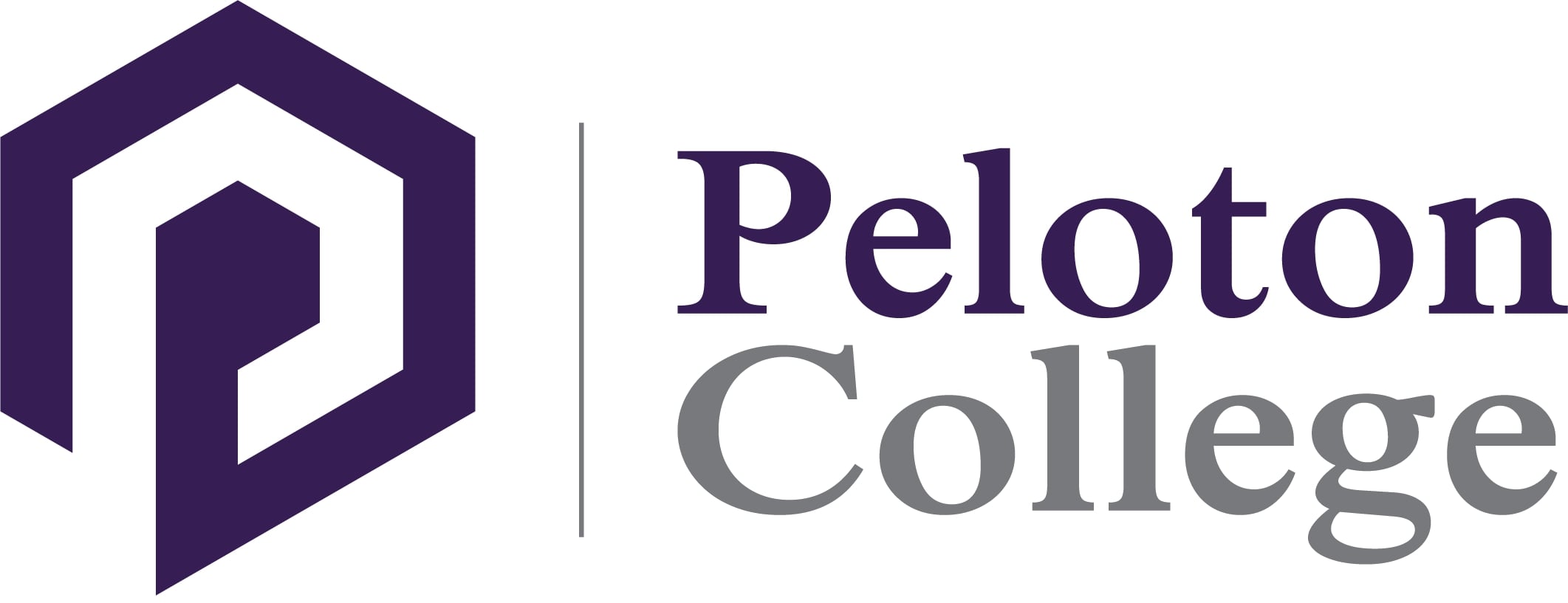What Do You Need to Become a Cybersecurity Specialist?

Are you interested in becoming a cybersecurity specialist? Not sure what you need to start this career? There are many important courses and certifications that you will need to complete before becoming a cybersecurity specialist.
What Do You Need to Become a Cybersecurity Specialist?
Some students try to learn cybersecurity on their own. While this may be a good first step to make sure you are interested in this field, self-study can often leave large gaps in knowledge and may inhibit your ability to perform your job successfully.
However, a great way to become a cybersecurity specialist is to attend a technical school. Technical schools offer an Associate of Applied Science in Cybersecurity. This degree prepares you for many of the certifications that you will need to prove your proficiency as a cybersecurity specialist.
How Do You Become a Cybersecurity Specialist?
Enrolling in and completing an Associate of Applied Science in Cybersecurity is your first step on this career path. The Cybersecurity program’s focus is to prepare you for entry-level employment in the IT security field. In your career, you’ll need certifications for CompTIA’s A+, Security+, CySA+, Network+, CySA+, and Pentest.
What Skills Help You Become a Cybersecurity Specialist?
In addition to the certifications in CompTIA, you will need to build some cybersecurity skills that are refined during a AAS in Cybersecurity. These skills include:
Ethical Hacking
Ethical hacking is a highly sought-after skill in today’s digital landscape. As an ethical hacker you use the same techniques as malicious hackers to identify potential security flaws and vulnerabilities in a system. Ethical hackers help organizations protect their networks and data. They are experts in finding and exploiting weaknesses in networks, applications, websites, and other systems. Ethical hackers must also be able to write scripts, develop programs, and debug code.
Penetration Testing
Penetration testing helps you evaluate the security of networks, systems, and applications. It involves assessing the security of the system using a combination of automated and manual techniques to identify vulnerabilities. A skilled penetration tester can identify, exploit, and document any security weaknesses and recommend appropriate countermeasures. They must also possess an in-depth understanding of security technologies, as well as the techniques used in the testing process. By utilizing their expertise, a penetration tester can help organizations identify and fix security flaws before they become a problem.
Network Defense
A skill in network defense is an important part of any cybersecurity strategy. Network defense involves protecting a network from malicious attacks. These techniques include installing firewalls, implementing encryption protocols, monitoring traffic, and configuring access control. By using these countermeasures, organizations can help protect their networks from attacks and reduce the risk of a data breach. Network defense also involves staying up to date with the latest security threats and taking proactive steps to protect against them. This includes patching systems, using anti-virus software, implementing access control measures, and regularly monitoring network activity.
Network Countermeasures
Network countermeasures are the techniques used to protect computer networks from malicious activity. They include both offensive and defensive measures that can identify, monitor, and respond to cyber threats. A key skill in network countermeasures is the ability to recognize potential threats before they become a problem. This requires an understanding of the latest security technologies, as well as the ability to detect suspicious activity. Network countermeasures also involve developing and testing incident response plans to ensure that if a breach does occur, the damage can be contained, and the system can be quickly restored.
Incident Response
Incident response is the process of responding to, managing, and mitigating cyber security incidents that may threaten an organization’s data and systems. It involves activities including identifying security risks, monitoring for suspicious activity, investigating attacks, and developing and implementing countermeasures. The goal of incident response is to minimize the impact of an attack, contain and mitigate any damage, and restore normal operations as quickly as possible. Incident response requires strong communication skills, as incident response teams need to communicate effectively with internal stakeholders, vendors, and law enforcement.
Digital Forensics
Digital forensics is an important skill in cybersecurity. It involves the application of scientific techniques to identify, preserve, analyze, and present digital evidence from a variety of sources. This evidence can include computer-related data, emails, and text messages. A digital forensics expert must retrieve this evidence to gain insights about a particular incident. This could include determining the source of a cyberattack, identifying those responsible, and uncovering any additional evidence related to the attack.
Final Thoughts
Becoming a cybersecurity specialist is rewarding because you have responsibility to thwart malicious attacks. This can be exciting for many people. Whether you want to prepare for CompTIA certifications or are looking to move into cybersecurity from a different industry, an AAS in cybersecurity is a stepping-stone to finding your dream job or advancing in your current role. Let Peloton College help you identify your passions for cybersecurity and match you up with the right employer once you graduate from our program.
Want to Learn More?
The Associate of Applied Science in Cybersecurity training program prepares and supports you in obtaining several certifications in support of their cybersecurity career including CompTIA’s A+, Network+, Security+, Linux+, Pentest, & CySA+. AAS in Cybersecurity training program graduates will typically qualify for entry-level employment in roles such as Information Security Analysts and Computer Network Support Specialists.
The mission of Peloton College is to be the premier provider of hands-on training and education by providing you with the necessary skills to secure occupational careers. Contact us today to learn more.



